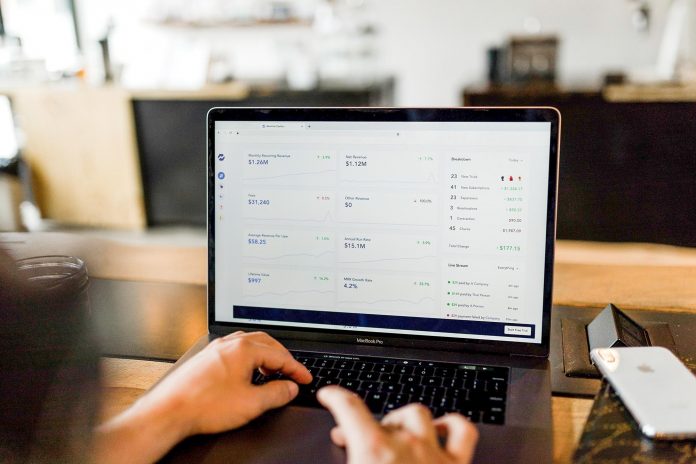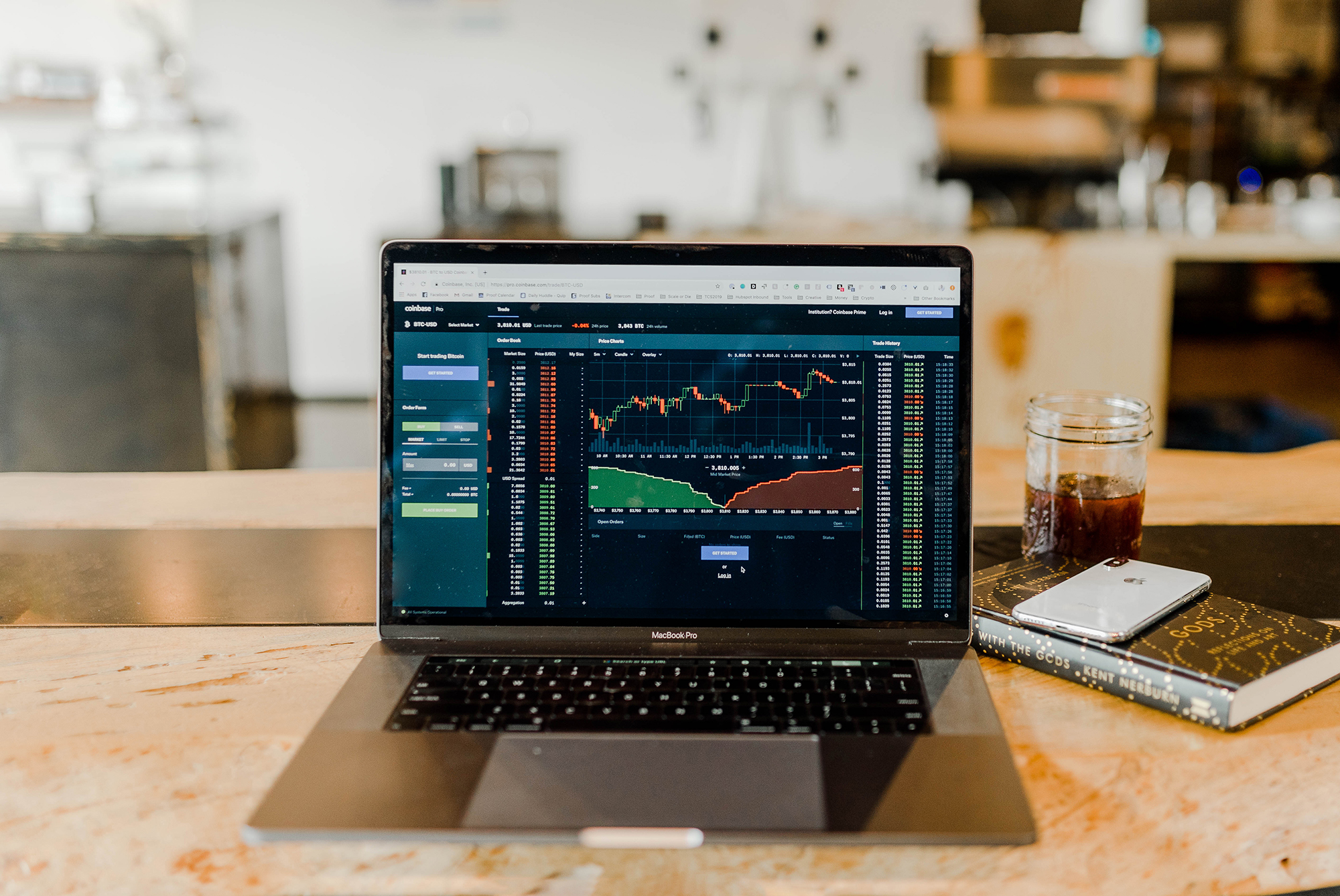The saving and recording of financial transactions have been around for many centuries. Ancient tablets made of clay containing accounts of tax records date back to 3,000 BC. At the beginning of the 13th century, bookkeepers used ledgers made of paper to record transactions like debts, credit, expenses, and generated revenue. The utilization of machines in the accounting field began in the 1800s, long before computers came into existence.
The earliest accounting machines were invented in the late 1800s by William Burroughs; they were called adding machines as they carried out arithmetic calculations. The punch-card machine was later invented and it was more sophisticated as data was recorded by punching hole patterns into cards.
The first computer made for accounting was created during World War II and stored data on magnetic tape. Software entered the game of accounting as computers became more sophisticated and able in the 70s. Over time, computerized accounting systems took over the accounting world by storm.
In this article, we’ll be discussing whether modern computerized accounting systems are more effective than their traditional counterparts or not.
Definition of Computerized Accounting Systems
A computerized accounting system is a software that’s engineered to manage all of a business transactions to produce financial reports, annual financial statements, tax return reports, and other metrics that help in the analysis of the business’s performance and efficiency.
There is a lot of free or cheap software that can do the job, but they don’t provide the customizability that bigger organizations need. A lot of big corporations use advanced computerized accounting systems specifically designed to meet their needs although the team from audit services london will tailor their approach to suit the value of their relationship with clients.
Saving Costs
Computerized accounting systems truly shine when it comes to cost-effectiveness, thanks to their reliance on automation. Hiring an accountant is quite important, but some businesses are small enough to have no need for a full-time accountant. Computerized accounting systems can help you take care of small-scale financial management and save you the man hours spent by you or your accountant on issuing invoices.
As apparent on https://www.digital-invoice-template.com/, professional invoice templates can simplify the accounting process and speed up the payment time frame. Mundane and routine accounting tasks can be automated, which can help you and your staff to route the resources into more revenue-generating and cost-effective directions.
Extra Speed
Most business owners dread handling accounting tasks with all the boring paperwork included. It’s hard to blame them as they often focus on many things at the same time to push their business further.
The game of crunching numbers has become a very easy one thanks to accounting software. Generating reports, which took hours and even days to be done manually, shouldn’t take longer than a few minutes with computerized accounting systems. The automation of complex processes such as accounting can help save a lot of time, which can be invested in other fields while providing real-time updates to the financial status of the company.
Better Representation
If you see an old accounting manual paper ledger, you’ll feel like you’re looking at something right out of The Matrix. Computerized accounting systems help provide a visual representation of financial data, like reports, through the use of tables and charts. The easier it is to digest financial information, the easier it is to share it with your business partners and employees.
Secure
Financial information is considered very important and critical to the business’s well-being. Computerized software can help in securing this data by using the latest cybersecurity and encryption standards. The introduction of cloud technology has enabled businesses to store critical financial information on cloud servers that are remote and quite secure. Your data should be safe and available at all times; you won’t even need extra physical storage for hardware and servers, as all needed data can be accessed through the internet.
Accuracy
When it comes to accuracy, machines happen to beat humans. The human error simply cannot be underestimated when there is a lot at stake. Computerized systems reduce the probability of error to almost null. The increased accuracy removes the need to manually check every little dot in transactions like income, expenses, and taxes.
Invoices are instantly added to the receivable balance, and the transaction is recorded. The extra accuracy provided by software allows your accountant to focus on the more demanding tasks instead of crunching numbers endlessly.
Scalability
Every small business is looking to grow, and with growth comes accounting and paperwork. One of the most important aspects that’s usually forgotten is ensuring that the accounting system can grow smoothly. Computerized accounting systems are variable; some may not be able to handle multiple currencies, accounts, or inventory units. For the software to stay efficient, a lot of factors need to be taken into account before scaling up the business. Fortunately, it’s possible to transition from one software to another as you grow.
Access and Transparency
Once your small business grows into a larger one, a lot of new factors need to be taken into consideration. The accounting information of your company becomes even more valuable as your potential buyers and employees would like to see it to address certain transactions. The ease of customizing access to your financial records helps you comply with GAAP, which is the accounting standard issued by the Securities and Exchange Commission. Meeting these standards helps your company release stocks and merge easily.
Real-time Information
Accounting software automatically updates your financial status down to the smallest detail once it receives any new information. Taking advantage of the collected data is exponentially easier when all the information is fresh and being updated constantly. It’s become very easy to analyze and generate reports using accounting software as you don’t have to wait for the quarterly analysis when you have real-time updates.
Computerized accounting systems have managed to prove their effectiveness and impact on the world of business. The other point that needs to be addressed is whether you have the right software for the job or not. Always make sure that you’re not bottlenecked by your software and research the market to find the best one for your preferences.






